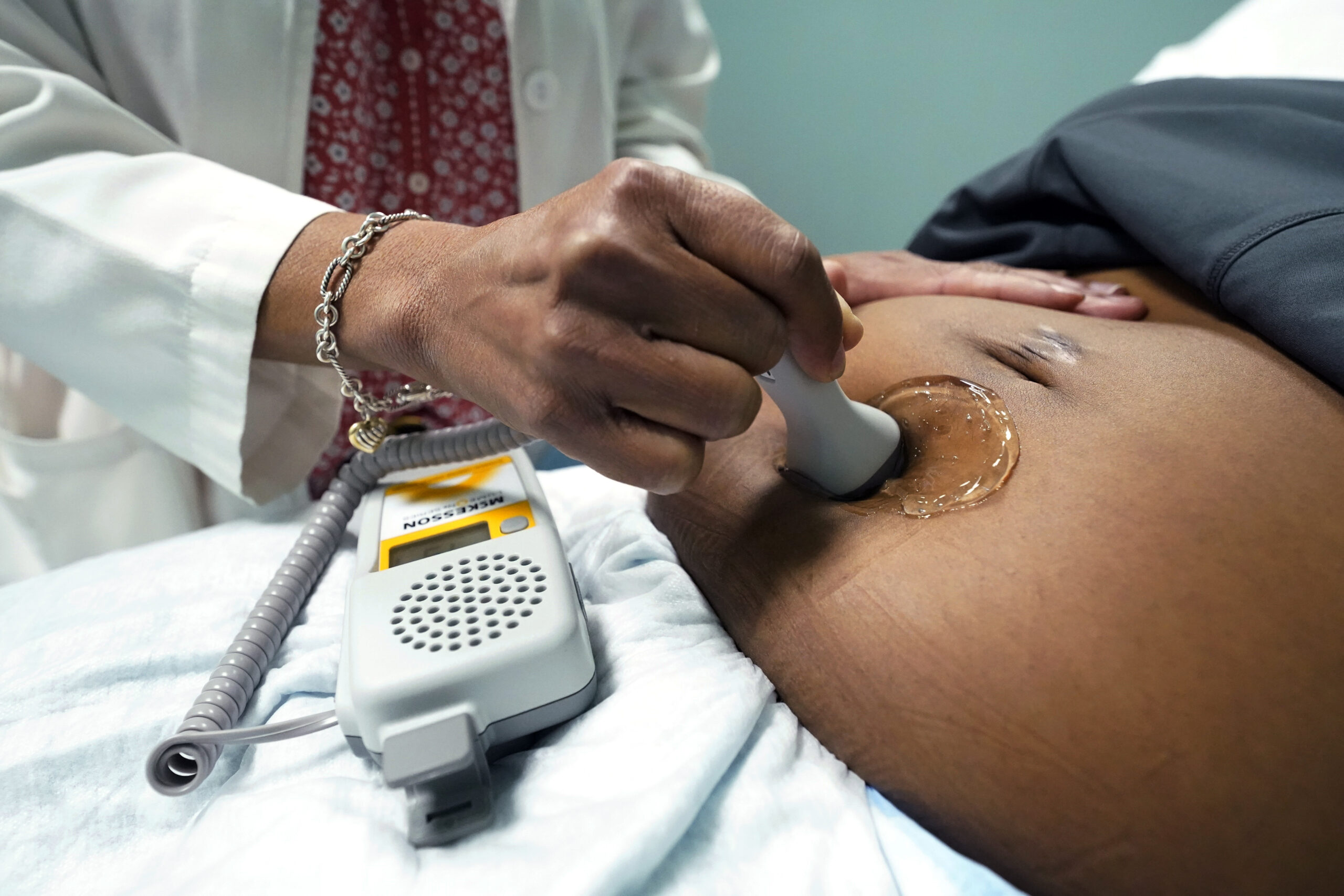CDC Investigating E. coli Outbreak Possibly Linked To Romaine Lettuce
Nov 20, 2018, 2:30 PM

FILE PHOTO: The CDC issued a food safety alert after an E. coli outbreak that could be linked to romaine lettuce (Photo by Justin Sullivan/Getty Images)
(Photo by Justin Sullivan/Getty Images)
Take the romaine lettuce off the menu for Thanksgiving.
The Centers for Disease Control and Prevention on Tuesday issued a food safety alert, advising consumers not to eat any romaine lettuce following reports of an E. coli outbreak.
According to the alert, 32 people in 11 states have been infected, with illnesses starting between Oct. 8 – Oct. 31. Thirteen people have been hospitalized, although no deaths have been reported.
“Consumers who have any type of romaine lettuce in their homes should not eat it and should throw it away,” according to the report, “even if some of it was eaten and no one has gotten sick.
The CDC points out this includes all types of romaine lettuce, including whole heads, hearts, bags and boxes of precut lettuce, and salad mixes that might contain a type of romaine.
“If you do not know if the lettuce is romaine or whether a salad mix contains romaine, do not eat and throw it away,” according to the CDC.
As of Tuesday, cases were reported in California, Wisconsin, Michigan, Illinois, Ohio, New York, New Hampshire, Massachusetts, Connecticut, New Jersey and Maryland. However, The CDC is advising consumers to not eat any romaine lettuce, even in states where no cases have been reported, because no common grower, supplier, distributor or brand has been identified.
Most people who contract an infection begin feeling sick three to four days after eating or drinking something that contains the bacteria. However, some illnesses can start anywhere from one to 10 days after exposure, according to the CDC.
The CDC notes on its E. coli page that most people get better within five to seven days.
“Some infections are very mild,” according to the site, “but others are severe or even life-threatening.”
Those who may be experiencing diarrhea that lasts longer than three days or is accompanied by high fever, blood in the stool, and/or vomiting so much that liquids cannot be kept down are encouraged to contact their health care providers.












